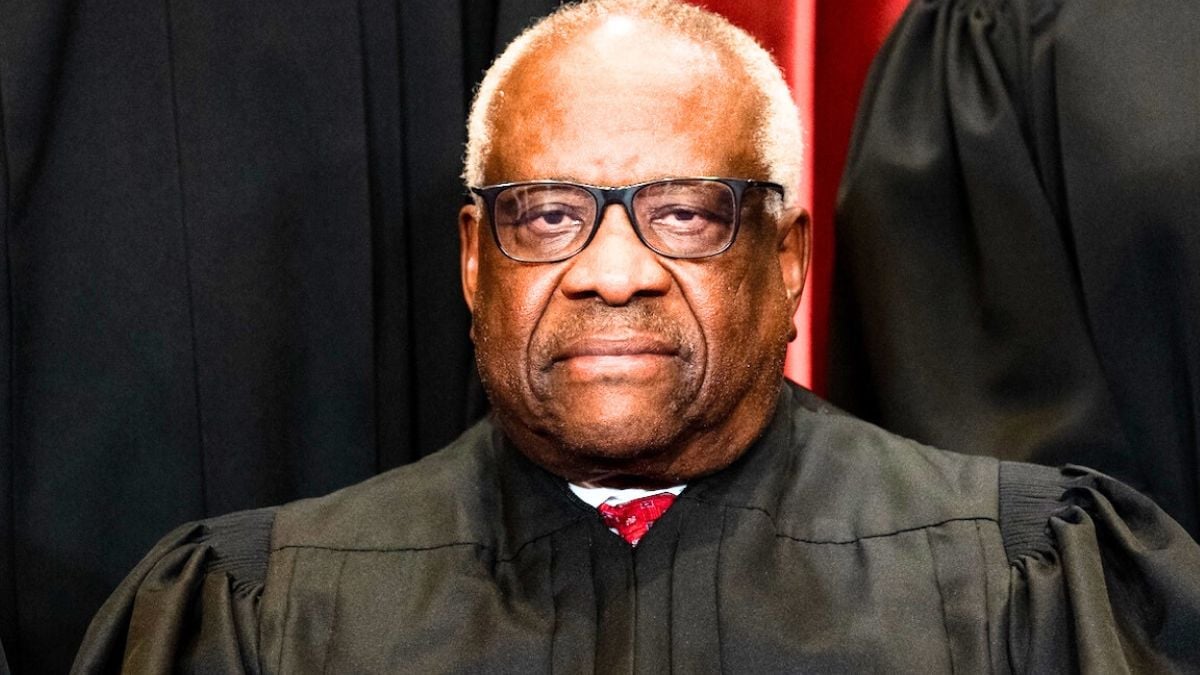Since joining the Supreme Court, Justice Clarence Thomas has established himself as one of its most conservative members, often staking out positions to the right of even his conservative colleagues.
Thomas’ tenure on the court has been marked by controversy, with critics accusing him of being a partisan ideologue and questioning his judicial temperament, while supporters praise him as a principled and consistent defender of conservative legal principles. Calls for his impeachment stem from his failure to disclose his wife’s income from conservative organizations on financial disclosure forms, to his own unreported luxury vacations funded by billionaire GOP mega-doner Harlan Crow.
Some had also called for Thomas to recuse himself due to cases involving the 2020 presidential election and the January 6th Capitol riot, citing his wife Ginni Thomas’s activism in support of former President Donald Trump’s baseless claims of election fraud. The circumstances of his appointment to the Supreme Court are themselves a subject of debate.
Let’s talk about Thomas’s actual career on the Supreme Court
Thomas was nominated by President George H. W. Bush in 1991 to replace the retiring Thurgood Marshall, the first African American to serve on the nation’s highest court. The nomination of Thomas, then a federal judge on the U.S. Court of Appeals for the D.C. Circuit, was seen by many as a strategic move by Bush to placate conservatives while also appointing a Black justice to maintain the racial composition of the court following Marshall’s departure.
Thomas’s confirmation hearings, however, were far from smooth sailing. The proceedings took a dramatic turn when Anita Hill, a law professor who had worked with Thomas at the Equal Employment Opportunity Commission (EEOC), came forward with allegations of sexual harassment. In televised hearings that captivated the nation, Hill testified that Thomas had made unwanted sexual advances and inappropriate comments to her while she worked for him at the EEOC in the 1980s.
The hearings became a national spectacle, with supporters and detractors of both Thomas and Hill fiercely arguing their cases in the media. Thomas vehemently denied the allegations, famously describing the proceedings as a “high-tech lynching for uppity blacks.” Thomas’ supporters accused Hill of lying and being part of a political conspiracy to derail his nomination, while Hill’s supporters believed her testimony and argued that Thomas was unfit to serve on the Supreme Court. However, the Senate ultimately confirmed Thomas by a narrow 52-48 vote, with 41 Republicans and 11 Democrats voting in favor of his nomination.
Despite the numerous ethical questions that have been raised about his conduct, Thomas has managed to hold onto his seat on the Supreme Court for over three decades now.











Published: Jul 11, 2024 03:07 pm